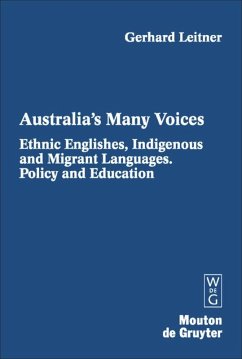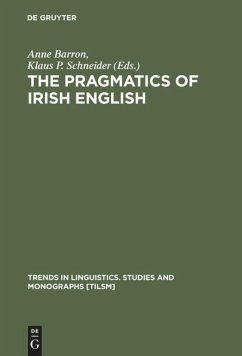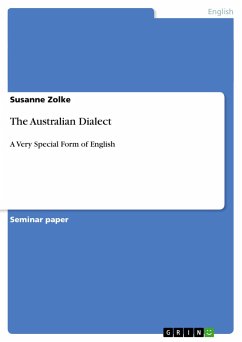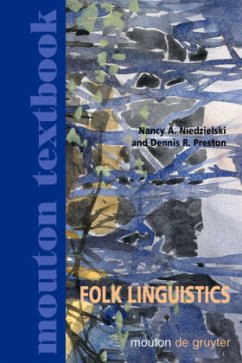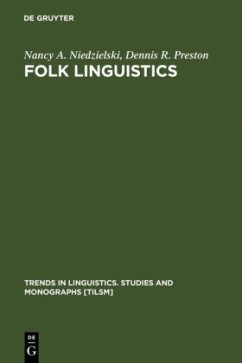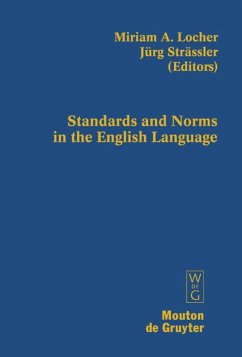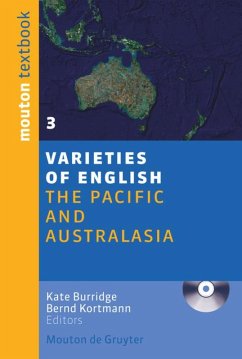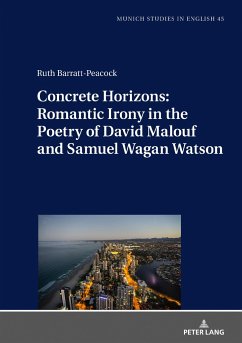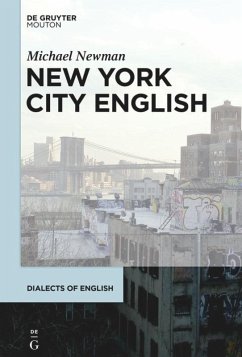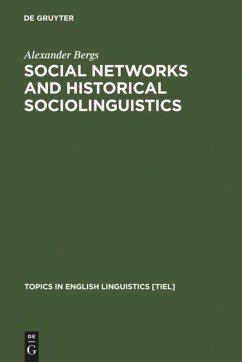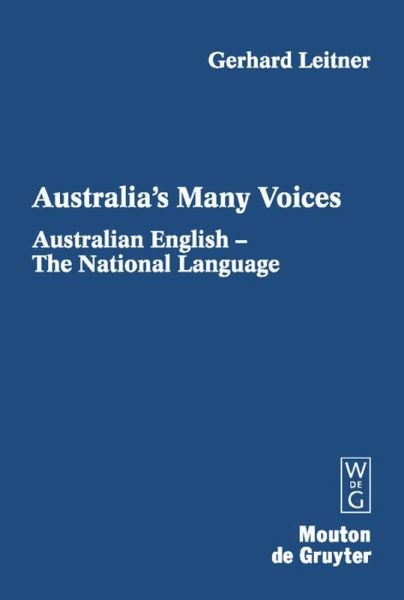
Australian English - The National Language

PAYBACK Punkte
0 °P sammeln!
Australia's English raises many questions among experts and the general public. What is it like? How has English changed by being transplanted to other parts of the world? Does the rise of AusE and other varieties endanger the role of English as a world language? Past studies have often been selective, focusing on the esoteric and non-typical, and ignoring the contact situation in which Australian English has developed.This book and its companion, Australia's Many Voices. Ethnic Englishes, Indigenous and Migrant Languages. Policy and Education, develop and apply a comprehensive and integrative...
Australia's English raises many questions among experts and the general public. What is it like? How has English changed by being transplanted to other parts of the world? Does the rise of AusE and other varieties endanger the role of English as a world language? Past studies have often been selective, focusing on the esoteric and non-typical, and ignoring the contact situation in which Australian English has developed.
This book and its companion, Australia's Many Voices. Ethnic Englishes, Indigenous and Migrant Languages. Policy and Education, develop and apply a comprehensive and integrative approach that anchors English in the entire 'habitat' of Australia's languages that it both upset and transformed. Based on a wide range of data and on the assumption that all manifestations of Australian English must cohere as a system, this book retraces the social, psycholinguistic and linguistic history of the language. It locates the contact with indigenous and migrant languages and with American English in the appropriate sociohistorical context and shows how several layers of migration have shaped it. As it stratified, it was gradually accepted and developed into a fully-fledged national variety or epicentre of English that could be raised to the status of national language. Implications on educational policy and attempts to reach out into the Asia-Pacific region have followed logically from national status.
The study is of interest for specialists of English and Australian Studies as well as a range of other disciplines. Its discursive, non-technical style and presentation makes it accessible to non-specialists with no background in linguistics.
This book and its companion, Australia's Many Voices. Ethnic Englishes, Indigenous and Migrant Languages. Policy and Education, develop and apply a comprehensive and integrative approach that anchors English in the entire 'habitat' of Australia's languages that it both upset and transformed. Based on a wide range of data and on the assumption that all manifestations of Australian English must cohere as a system, this book retraces the social, psycholinguistic and linguistic history of the language. It locates the contact with indigenous and migrant languages and with American English in the appropriate sociohistorical context and shows how several layers of migration have shaped it. As it stratified, it was gradually accepted and developed into a fully-fledged national variety or epicentre of English that could be raised to the status of national language. Implications on educational policy and attempts to reach out into the Asia-Pacific region have followed logically from national status.
The study is of interest for specialists of English and Australian Studies as well as a range of other disciplines. Its discursive, non-technical style and presentation makes it accessible to non-specialists with no background in linguistics.





